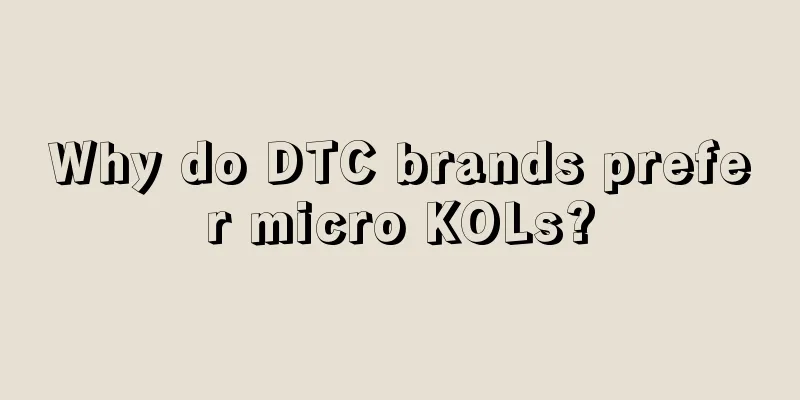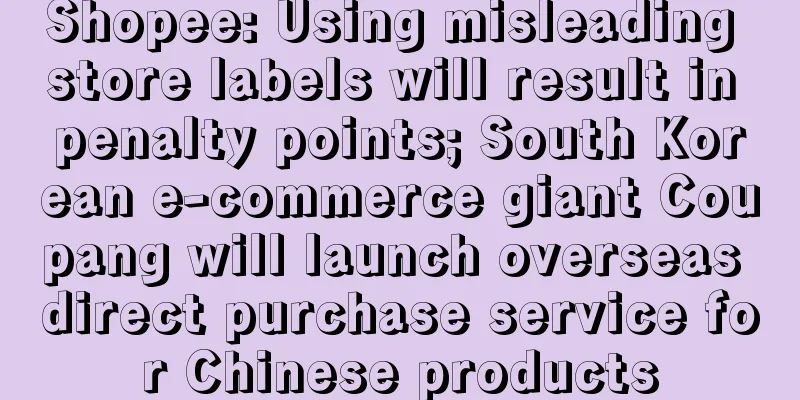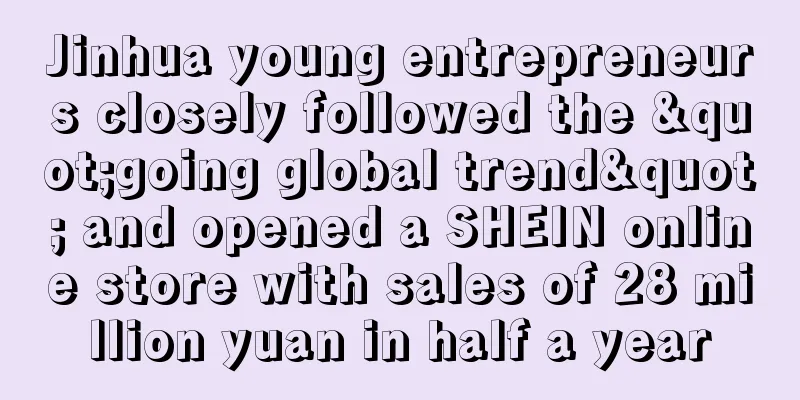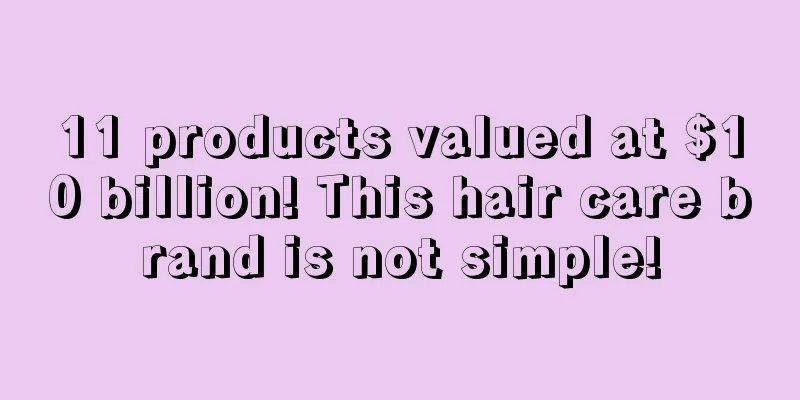Why do DTC brands prefer micro KOLs?

|
More and more direct-to-consumer (DTC) brands are building marketing strategies around micro-influencers to create value through their unique word-of-mouth and personal recommendation marketing , according to brand marketers and industry analysts.
Micro-influencers are niche social media influencers with between 1,000 and 10,000 followers who often have a close connection with their audience and can help DTC brands carry out more powerful marketing campaigns.
While the epidemic has promoted the development of DTC e-commerce brands, it has also caused the promotion income of micro-influencers to rise sharply. According to data from influencer company Izea, a sponsorship position that cost only $5 to $10 in 2006 soared to between $1,500 and $1,600 in 2020.
DTC brand Spotlight Oral Care has been working with micro- influencers since its founding in 2016, and according to co-founder Dr. Lisa Creaven, working with micro-influencers has become an important part of the brand's marketing strategy in 2020 as the pandemic has caused people to stay at home for a long time and increase the frequency of mobile phone and social network use.
DTC brands often choose paid partnerships and giveaways in exchange for micro-influencer posts. Spotlight Oral Care did not disclose how much it spent on micro-influencer marketing, but it is certain that this marketing method accounts for 25% of its overall KOL marketing budget.
Creaven said: " We found that micro-influencers can generate higher conversion rates and are suitable for long-term partnerships. " The brand is currently planning to increase the proportion of its budget spent on micro-influencers to 50%.
But working with micro-influencers can also come with its own set of challenges.
Greg Manago, president of Mindshare , said that typically, micro- influencers need to go through a learning curve because they are new to the field and don’t have the support of a larger influencer , but they also need to attract a larger audience for the brands they promote .
However, Manago also believes that these micro-influencers will eventually adapt to new promotion needs and their ability to influence audiences will continue to improve.
Currently, companies engaged in micro-influence marketing include AspireIQ, Upfluence, and Grin. Among them, the Taipei-based startup Influenxio just received a $2 million Series A funding led by DCM Ventures on March 9. Currently, 80% to 90% of the company's customers are small and medium-sized enterprises, and well-known customers include Shiseido, Shopee, iHerb, and KKBox. Therefore, sellers who want to try micro-influencer marketing also have some relatively mature agencies to choose from. Sellers who are interested in joining can continue to pay attention! Micro-Influencers DTC Brands |
Recommend
Taobao opens offices in many places to serve local merchants
At present, Alibaba Group’s official recruitment ...
What is Helian International Freight? Helian International Freight Review, Features
Helian International Freight (Zhejiang Helian Inte...
What is Lifehacker
Lifehacker is a famous American life, software an...
What is Mack Weldon? Mack Weldon Review, Features
Founded in January 2011, Mack Weldon is an e-comm...
What is ezymoney? ezymoney Review, Features
Ezymoney will submit transaction data to the partn...
What is White House Black Market? White House Black Market Review, Features
White House Black Market is an American fashion c...
What is BringallPay? BringallPay Review, Features
<span data-docs-delta="[[20,{"gallery"...
Tmall's Double 11 transaction volume reached 540.3 billion yuan, with growth quality and social value becoming core indicators
At 0:00 on November 12, 2021, Tmall’s Double 11 t...
What is My Fulfillment Team? My Fulfillment Team Review, Features
My Fulfillment Team is a fully operational storage...
Automated campaigns for eBay promotions now live in the US and Australia
Foreign media reported that eBay's automatic ...
We have achieved the first place in market share in 5 years and become a strong seller in the industry!
Traditional manufacturing companies are breaking ...
Shopify will release its second quarter financial report, and its performance may exceed expectations
Canadian e-commerce giant Shopify will release it...
80% of bonded warehouses are connected to Cainiao Direct Delivery, and imported goods can be delivered as soon as the next day
After several years of efforts, Cainiao is now ab...
What is Wiser Solutions? Wiser Solutions Review, Features
Wiser Solutions Easy Access to Market Prices — Pr...
eBay updates payment system, 99% of orders can be paid in advance!
In order to create a better customer experience, ...









